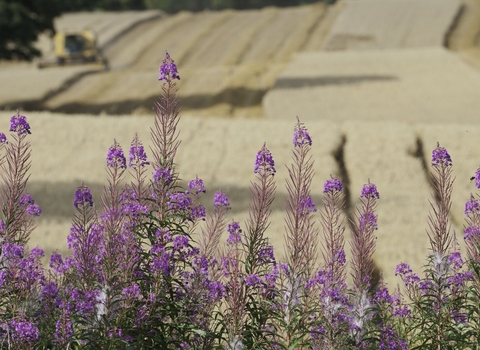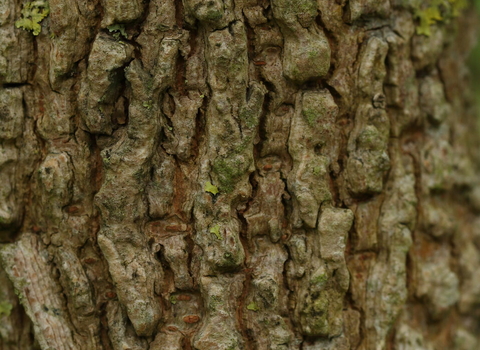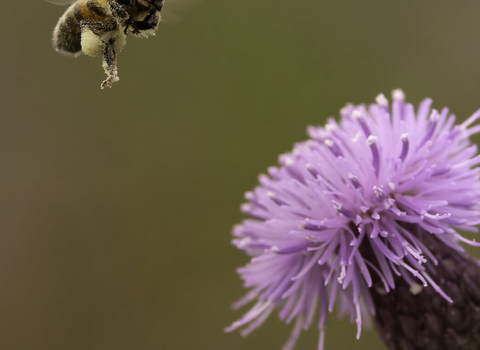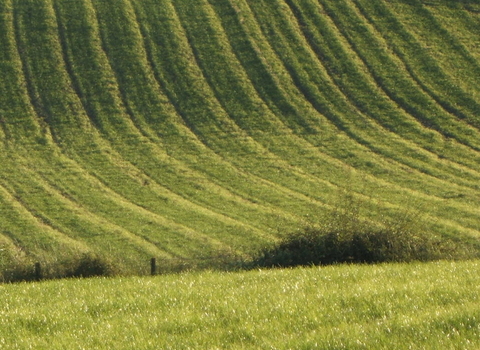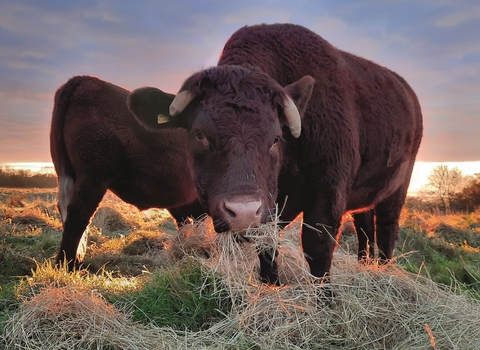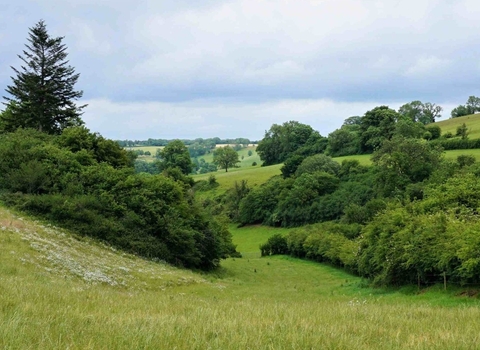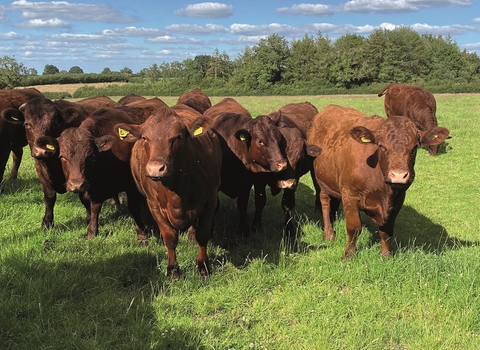Regenerative, nature-friendly farming
By supporting farmers to shift towards regenerative, nature-friendly methods, farming has huge potential to deliver a green rural renewal. Farming is too often unsustainable, but with management of over 70% of UK land, farmers should be a significant part of the solution.
The destruction of nature and the impacts of climate change are the biggest threats to food security in the UK. Food production relies on healthy soils, clean water, and resilience to climate change. But farming is one of the main causes of wildlife declines, as well as the leading cause of river pollution in England. Restoring nature on farms will bring many benefits, not just for wildlife but also for farmers. Working with nature can increase farm profits and resilience, reduce costs, and maintain or even improve yields.
To support a just transition for farmers, we’re calling on the Government to...
The Wildlife Trusts are lending our voice to a new vision for food, farming and nature to build a cross-sector consensus towards a new model of farming in the UK.Land Use Policy Manager, The Wildlife Trusts
Scope for positive change
Farmland makes up around 66% of Somerset and thus has a critical role to play in making space for wildlife and restoring soil health and the many other natural processes that have been lost through the intensification of agriculture and a focus on yield. More recently, there’s been a shift in mindset from prioritising yield and instead focusing on profit margins, for example, producing less but saving money on inputs like fertilisers and pesticides. Not all land is equally productive for food, so matching farming practices to the carrying capacity of the land is key as is balancing the cycle of nutrients going into and out of the soil which ensure the functioning ecosystems upon which farming depends remain in good condition.
Integrated with the natural world in a way that it can immediately start helping with nature’s recovery, the farming sector can also help sequester carbon alongside produce healthy, profitable crops and livestock. The prize for this transformation is healthier people, resilient farming livelihoods, prosperous rural communities, thriving wildlife and a stable climate.
Case Studies
Across Somerset there are lots of farmers doing brilliant things for wildlife and below we showcase three examples of farmers on a journey to transform their farms into mosaics of habitats that benefit both wildlife and improve their commercial viability and, at the same time, making a healthy contribution to our goal of restoring 30% of land for nature by 2030.

